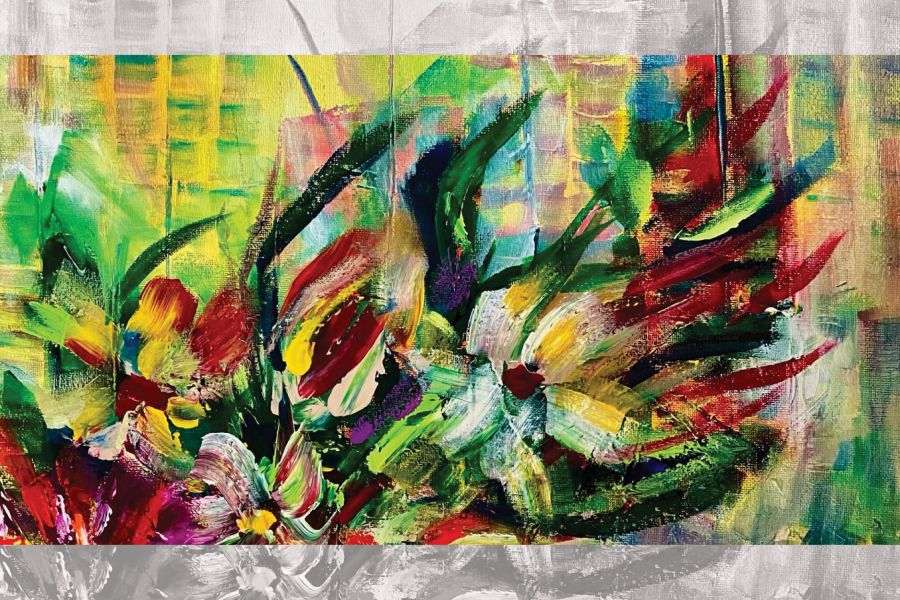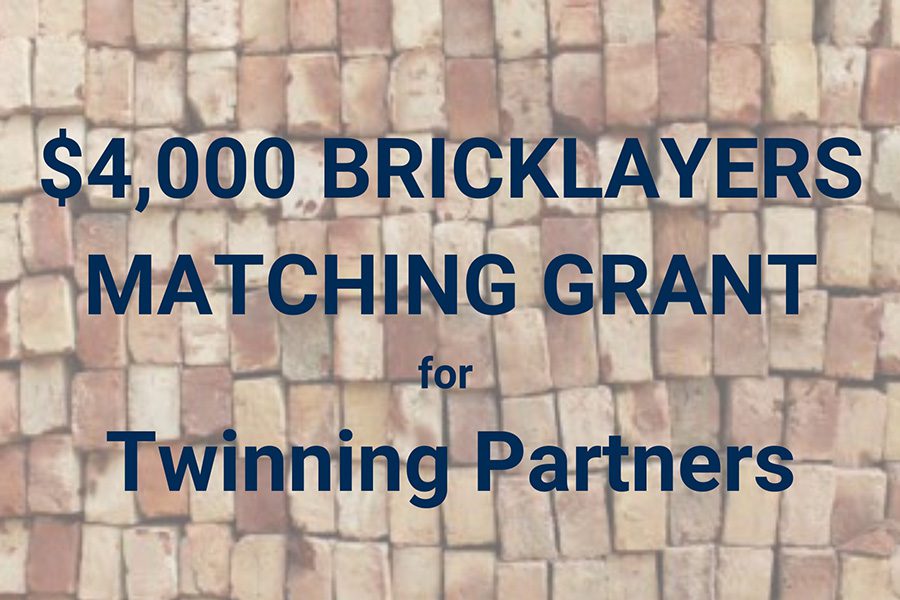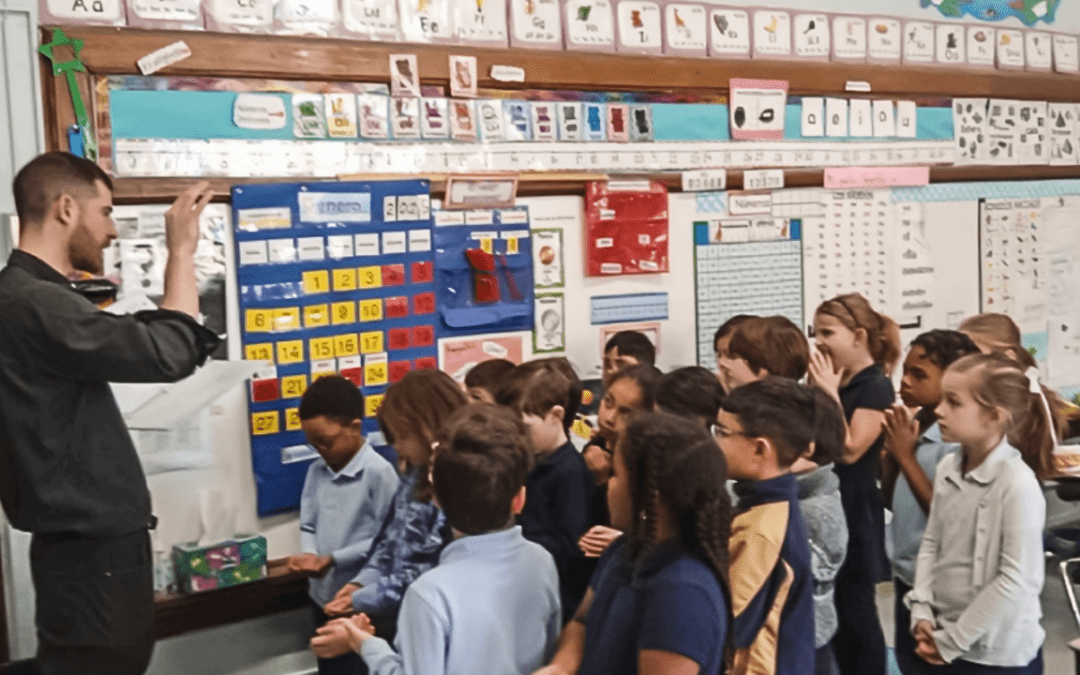The air condition was like a glass of ice cold water to my parched throat, but sleeping in itself would not be an easy task. Between bouts of unconscious haziness, I could hear the bus’s horns etching its tunes into my dreamlike state. Horns were the ultimate mode of communication on the road: they announced your presence, replaced turn signals, and politely communicated your intentions. I was reminded of Father Frank’s playful words: “You don’t drive your car here, you aim it!”
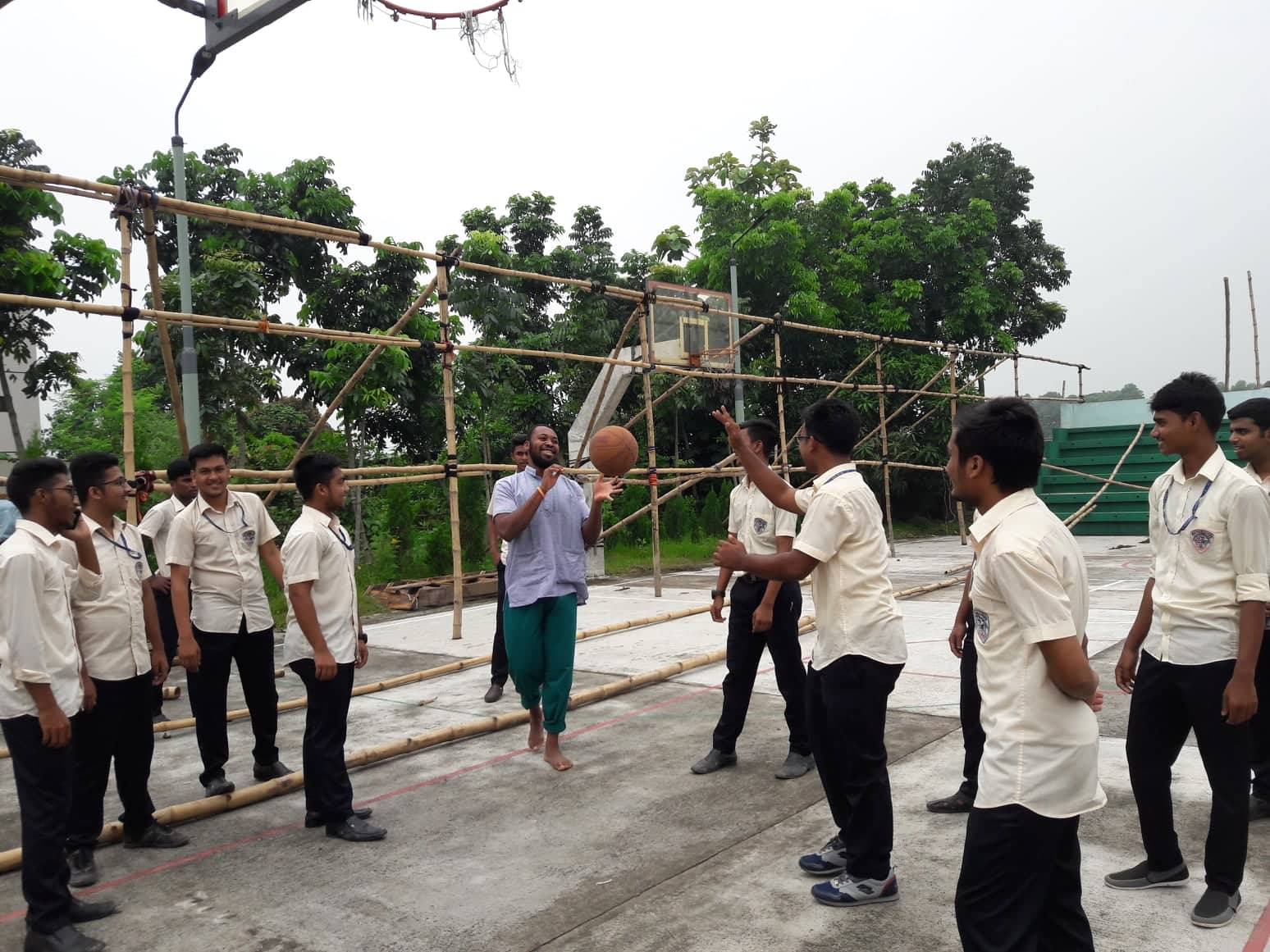
We arrived in Cox’s Bazaar, Bangladesh at around 8AM where we dropped off our bags in a nearby restaurant and enjoyed breakfast. I looked around to take in everything I could and staring back at me was an abject poverty that nearly brought me to tears. There were children between 9 to 12 years old with no shoes, muddied-hair, and dirty clothes begging on the streets. One child came up behind Chris, tapped his elbow, and extended his hand, the universal sign for give me something, anything. I was disoriented, angry and confused. Confused at the circumstances that would put a child in this situation and angry at the circumstances that kept him there. We went to the beach where we saw much of the same; children desperately selling sea shells, begging to be heard and to be fed. It was there that we met whom I shall call Jani na.
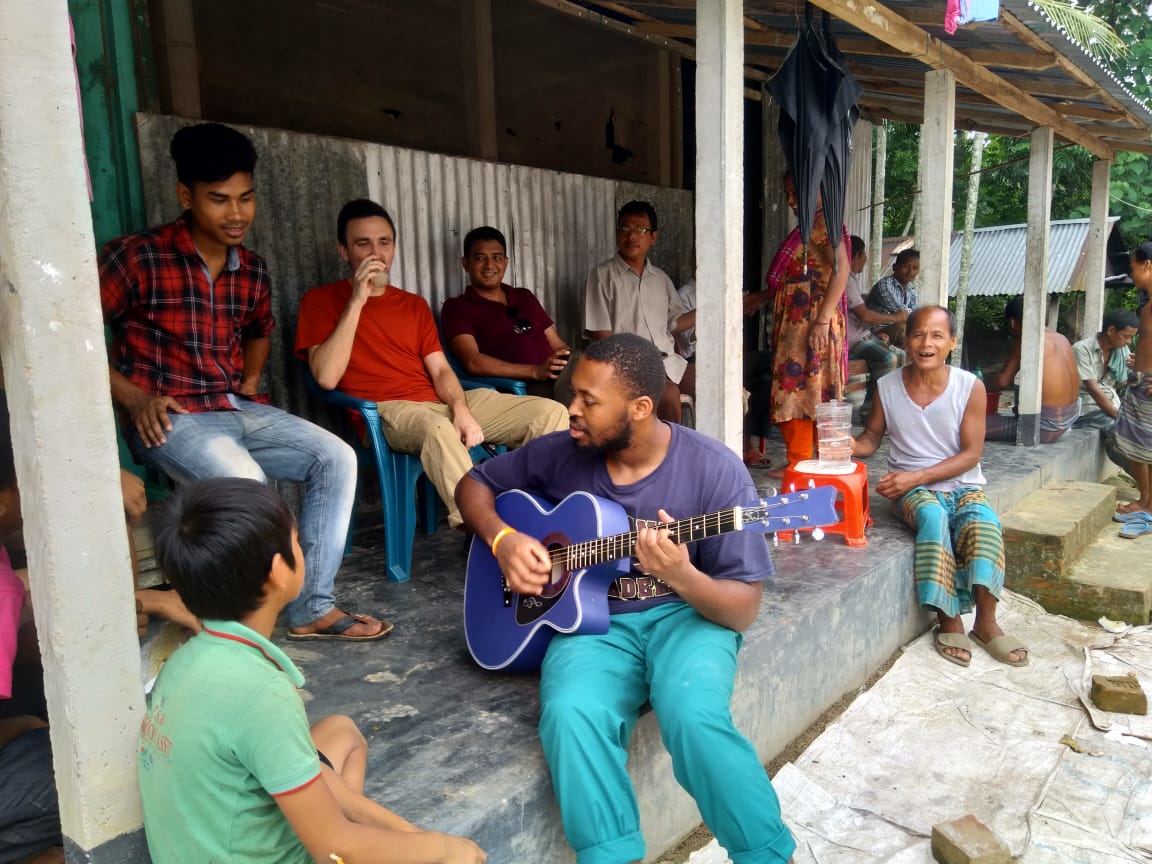
She was about 12 years old with eyes like fire and a knack for persuasive argument. She was selling sea shells with 2 other girls, but spoke about a thousand words per minute as if we could understand every syllable of Bangla. Though she was about a foot shorter than Ben, Chris, Tim or me, the cadence and spring of her voice seemed to elevate her a few inches off the ground. Despite her circumstances, she was beaming. I knelt down a bit to talk with her in the little Bangla that I knew: “Tomar nam ki?” I asked. “Jani na!” She responded without skipping a beat, but I asked her again just to be sure. “Jani na!” “It’s a pleasure to meet you, Jani na.” I told her my name and we exchanged a few more words in Bangla before we left the beach. On our walk back, I asked Fr. Joe what “Jani na” meant in English. Of all the Bangladeshi names I had learned over the past 2 months, it stuck out to me as distinct for some reason. He replied, “In English, it means ‘I don’t know.’”
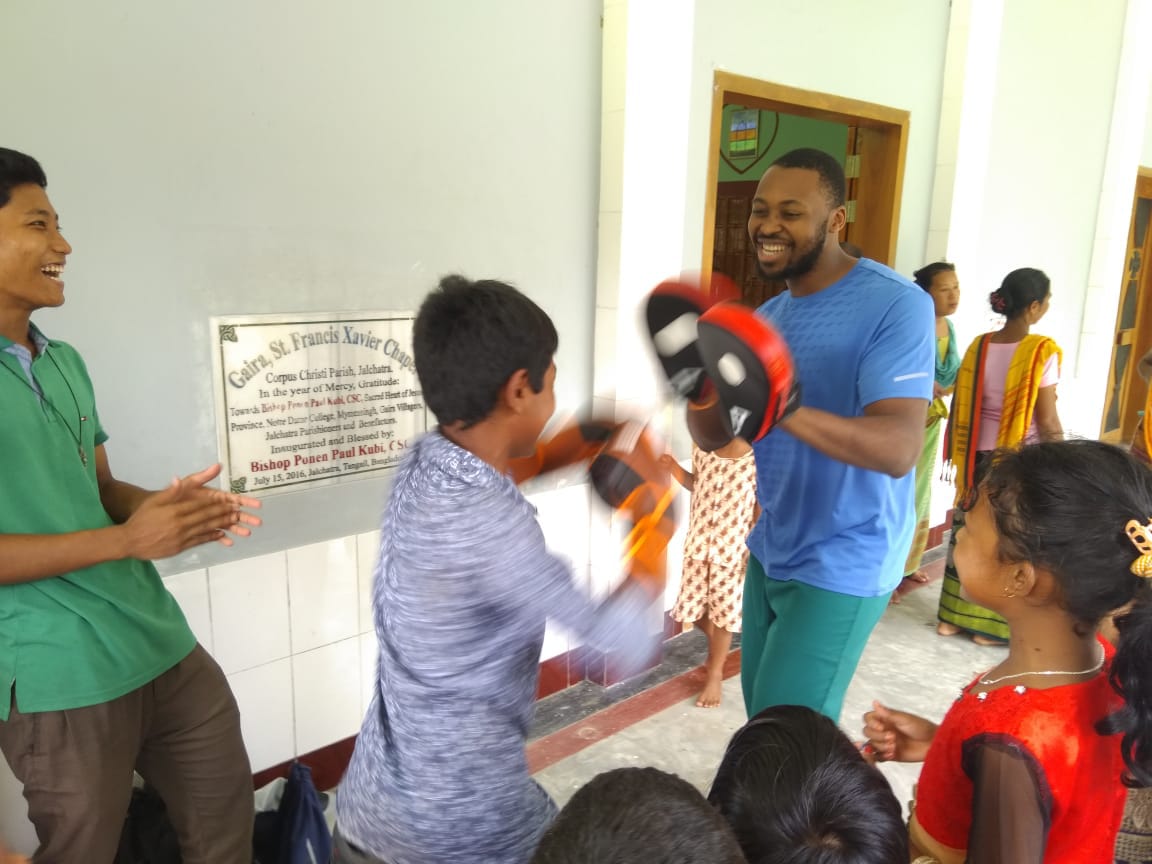
There are children born into this world who have forgotten their names or never had one to begin with, and sometimes they don’t care to have one. It’s not essential to the harsh reality they live in. In the face of societal neglect, abandonment, and crooked labels, the only thing that they hold on to is the best method for survival. Often times this means begging. We asked Fr. Joe about what happens to these kids and he responded that some go into Muslim seminary. Perhaps the seminary offers them some type of work or money, but they still live day by day unsure of their next source of food. Of course, it is important to note that this situation is much more complex and messy than what few words I have to offer.
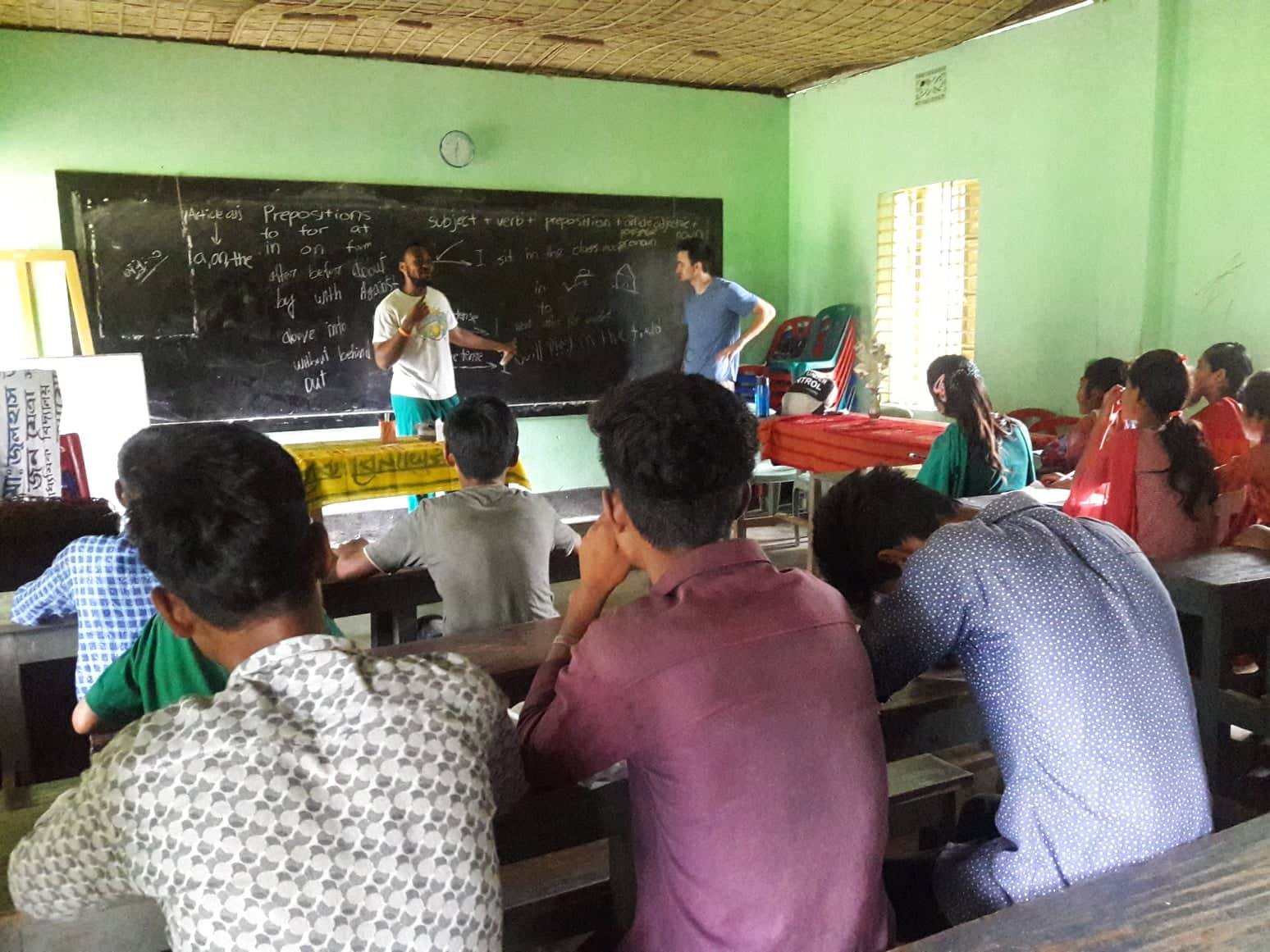
After we got back, a boy came to us asking for money. Fr. Joe sat the boy down to an earnest conversation in Bangla, a type of loving attention he was foreign to. He asked the boy to give me taka, Bangladeshi currency. He gave it to me and Fr. Joe instructed me to give it back to him. Although none of us could understand what he was saying or the purpose of that demonstration, it felt like the weight of his words carried an immense load meant only for this child. We stood around the pair, silent and hanging on to every frame of this moment. Of all the interactions we saw that day between the child beggars and their fellow countrymen, this was the first time I saw anyone giving their full attention, their full being and presence to one crying out in the desert.
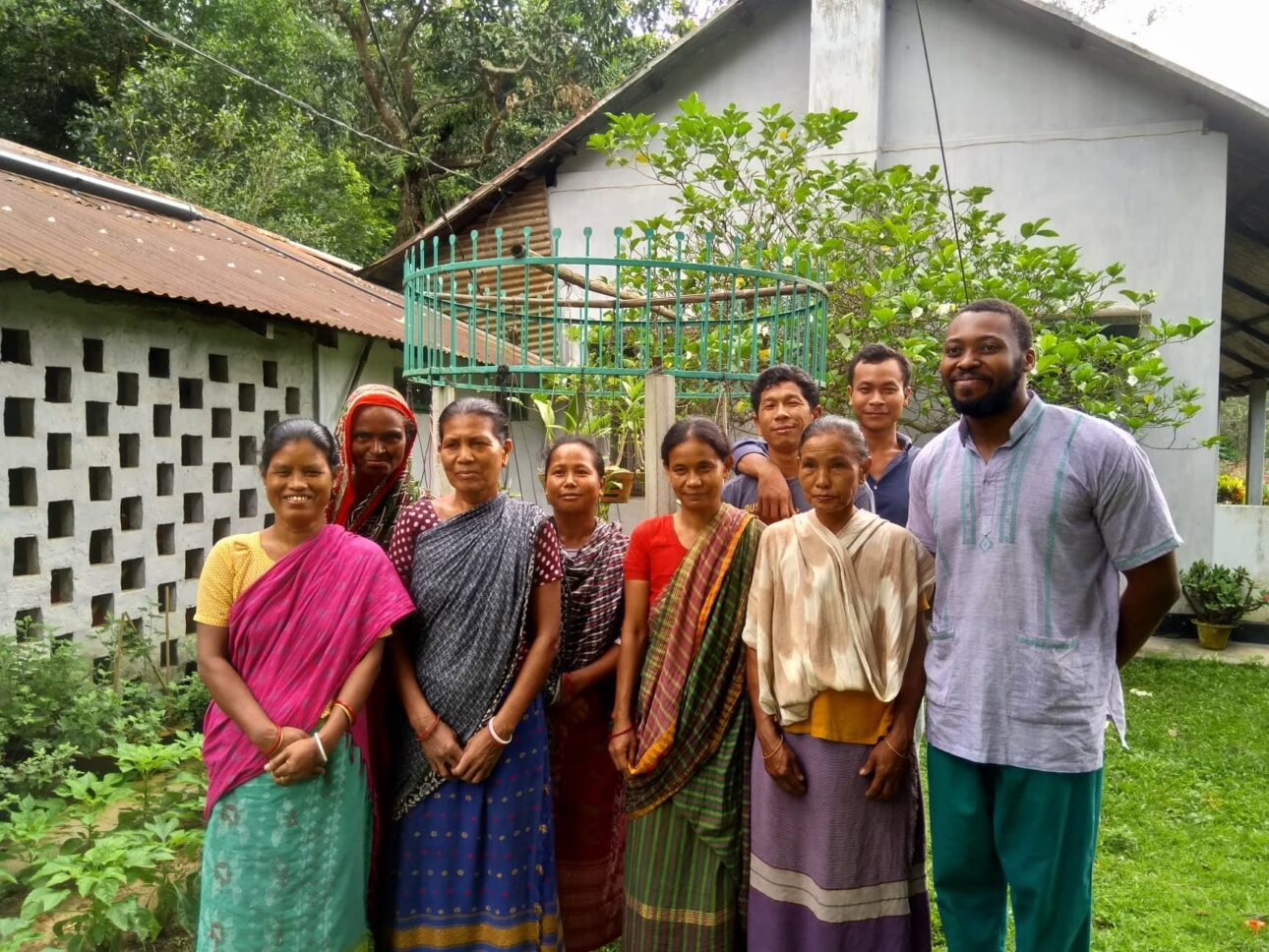
I refrain from adding my own, likely flawed, interpretation of this moment in an effort to preserve its sincerity. I will share, however, some words of wisdom from Fr. Joe that I think perfectly encapsulates the mirth of Christ’s mission: “Holy Cross showed them [the marginalized] that they could grow when they didn’t think they needed to.” This statement rings true to many situations across the globe, especially for the children in Cox’s Bazaar. They need to grow; they have the potential for amazing growth, but nobody is showing them how.
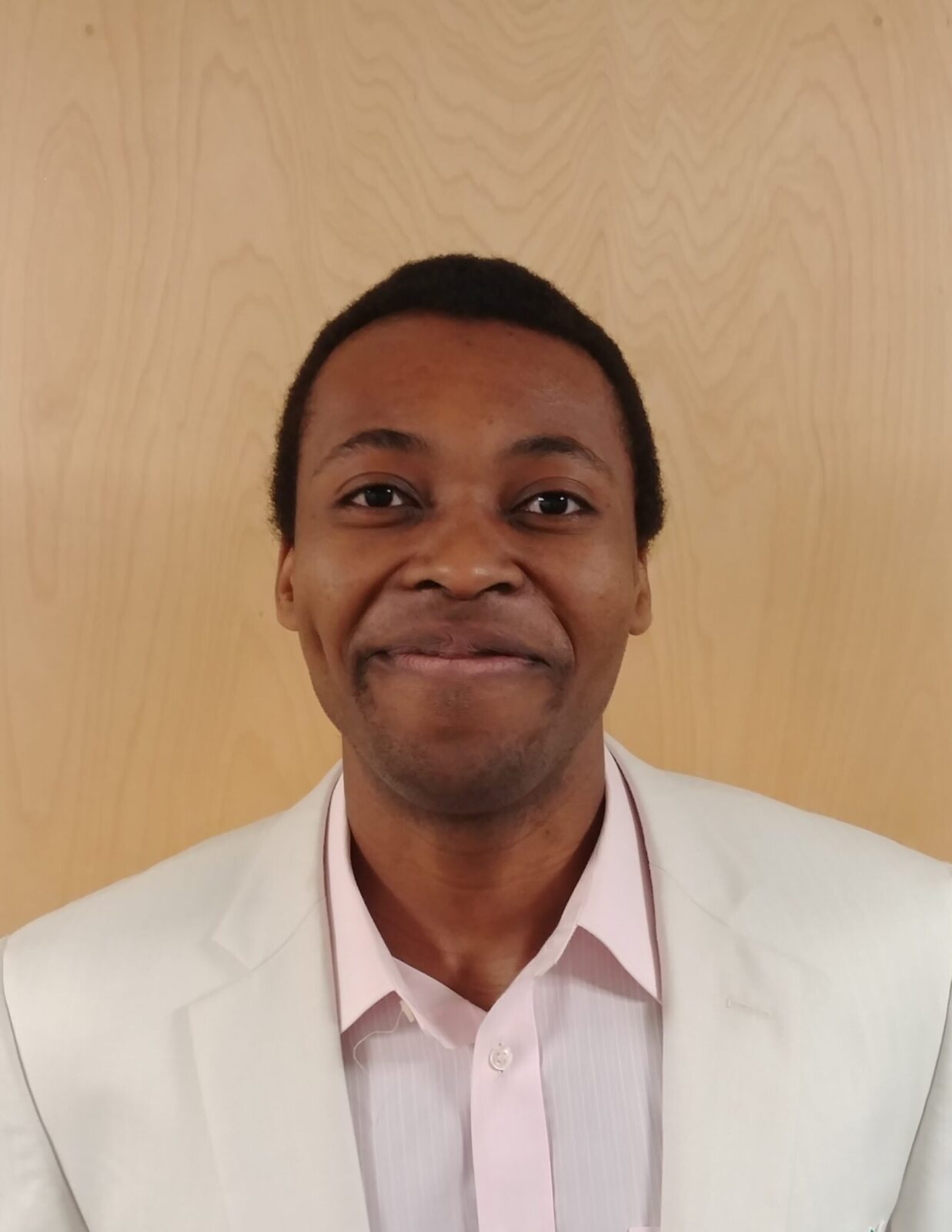 Sam Ufuah is a recent graduate at the University of Notre Dame where he studied Neuroscience & Behavior. Serving in Bangladesh was his first trip overseas. After graduation, he will head to Phoenix, Arizona to serve at St. Andre House as part of a member of the Core Staff. Contact Sam via email atsiufuah@gmail.com
Sam Ufuah is a recent graduate at the University of Notre Dame where he studied Neuroscience & Behavior. Serving in Bangladesh was his first trip overseas. After graduation, he will head to Phoenix, Arizona to serve at St. Andre House as part of a member of the Core Staff. Contact Sam via email atsiufuah@gmail.com

